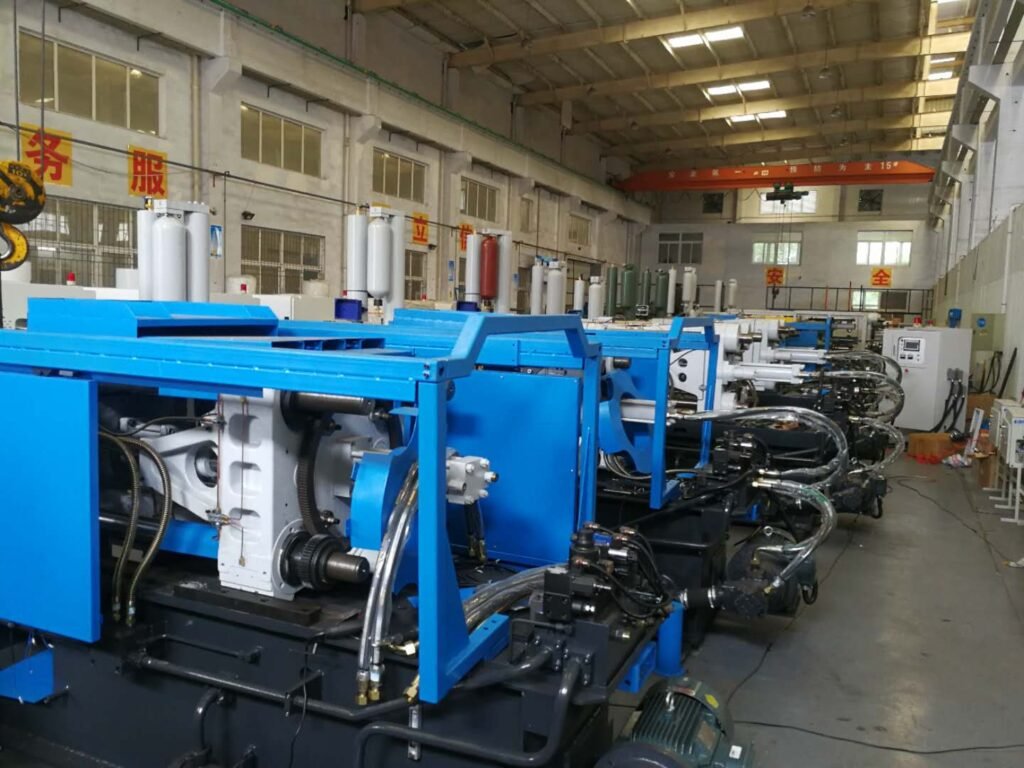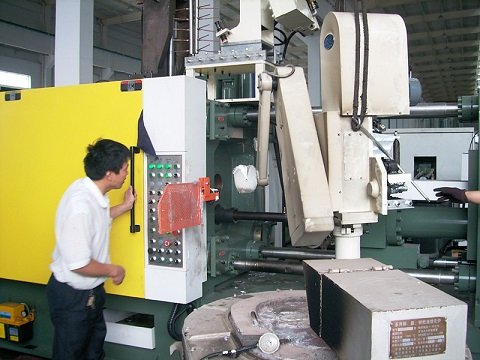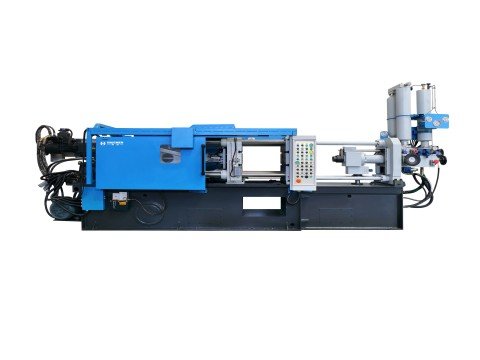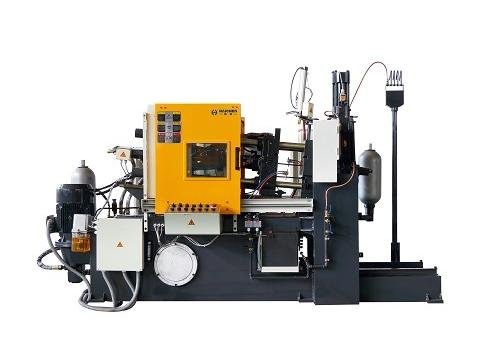Die casting is a crucial process in manufacturing, and the choice of drive system—whether servo motor or traditional hydraulic—can significantly impact efficiency, precision, and overall production.

Servo motor vs traditional hydraulic system comparison
Here’s a detailed comparison of servo motors and traditional hydraulic systems in die casting applications.
Energy Efficiency of Servo motor
Servo motors offer superior energy efficiency compared to traditional hydraulic systems. Traditional hydraulic systems often run continuously, consuming energy even when not actively performing tasks.
In contrast, servo motors operate only when needed, providing precise control over pressure and volume on demand. This on-demand operation reduces energy consumption and lowers the overall carbon footprint.
For example, a servo motor-driven hydraulic pump can automatically adjust its speed based on the actual requirements of the system, eliminating unnecessary energy waste.
Precision and Control
Servo motors provide high-precision motion control through closed-loop systems, allowing for exact adjustments and repeatability. This precision is critical in die casting, where even minor deviations can affect product quality.
Traditional hydraulic systems, while versatile, often lack the same level of precision and may require more manual adjustments. Servo motors can achieve precise positioning and control throughout the entire production cycle, including injection, clamping, and ejection phases.
Maintenance and Reliability

Servo motor systems generally require less maintenance than traditional hydraulic systems. Hydraulic systems can be prone to leaks and require regular maintenance of oil levels and filters.
Servo motors, with fewer moving parts, are more reliable and have a longer lifespan, reducing downtime and maintenance costs. Additionally, the elimination of many hydraulic components in servo-driven systems further reduces the likelihood of failures.
Production Speed and Flexibility of Servo motor
Servo motors can significantly reduce cycle times in die casting operations. They allow for faster and more precise movements, enabling quicker production cycles.
Traditional hydraulic systems, while capable of handling complex tasks, often operate at slower speeds and may require more time for setup and adjustments.
Servo motors also offer greater flexibility in programming and control, allowing for easy adaptation to different production requirements.
Space and Environmental Impact
Servo motor-driven die casting machines typically have a smaller footprint compared to traditional hydraulic systems. The reduction in the size of hydraulic components and oil tanks means that servo motor systems can occupy less space on the factory floor.
Additionally, the lower energy consumption and reduced hydraulic fluid usage of servo motor systems contribute to a more environmentally friendly production process.
Cost Considerations
While the initial investment for servo motor systems may be higher than for traditional hydraulic systems, the long-term benefits often outweigh the costs. Servo motor systems offer lower operating costs due to reduced energy consumption and maintenance requirements.
Additionally, the improved efficiency and precision can lead to higher production yields and better product quality, further justifying the investment.
Die casting machine supplier: Haichen Machinery
Haichen Machinery is a supplier of die casting machines and other related equipment. We specialize in providing die casting production solutions for various materials, including aluminum, magnesium, zinc, and copper alloys. Our cold chamber and hot chamber die casting machines are used for manufacturing products such as automotive parts, LED lamp shells, radiators, and household appliance components.


Servo motors offer significant advantages over traditional hydraulic systems in die casting applications. They provide superior energy efficiency, precision, and control, while also reducing maintenance requirements and environmental impact. Although the initial cost may be higher, the long-term benefits make servo motor systems a compelling choice for modern die casting operations.



